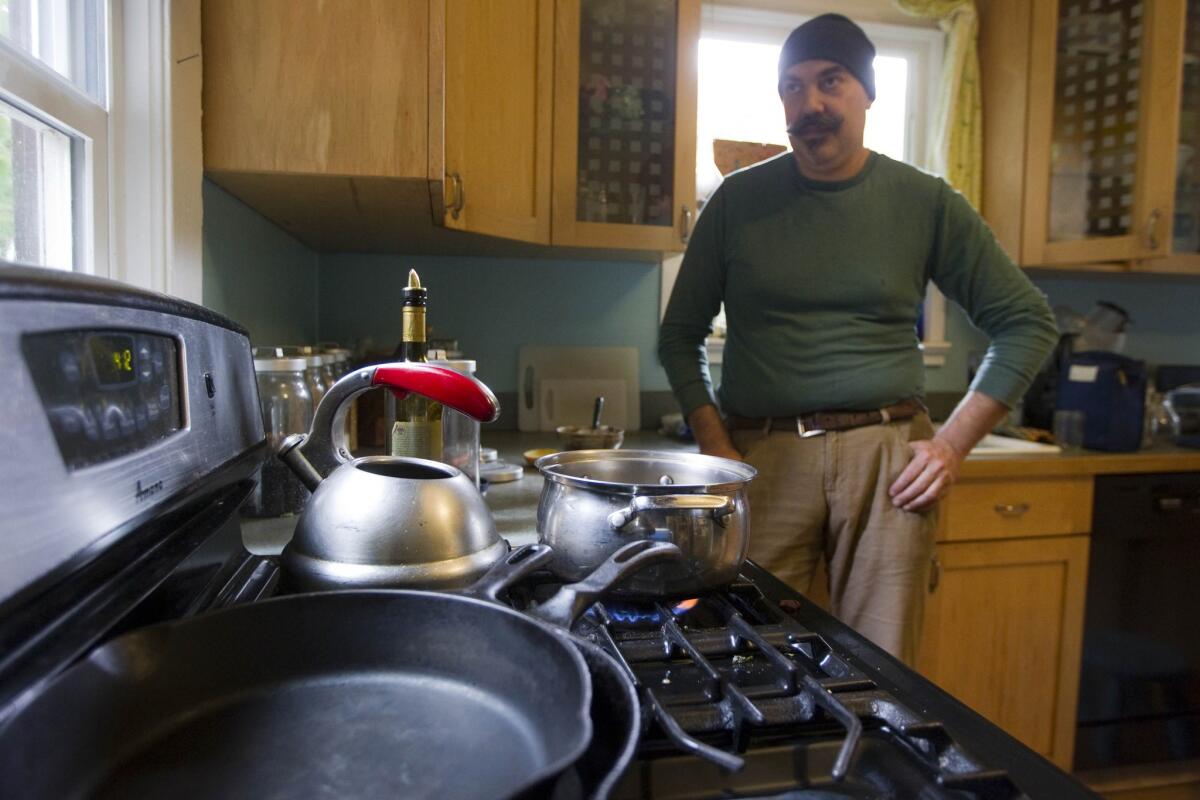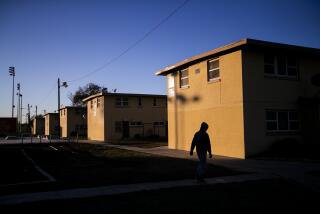Portland’s boil-water notice lifted; E. coli test comes back clean

After a day of unease and a mad rush to buy bottled water, about 670,000 people in Portland, Ore., received the go-ahead Saturday to resume drinking tap water without having to boil it first.
At 11 a.m., the Portland Water Bureau lifted a boil-water notice that had been in effect for about 24 hours. During tests this week, officials had detected the presence of the bacteria E. coli. The tests came back negative Saturday.
As word of the notice spread Friday, stores started running out of bottled water and bags of ice. Some restaurants closed early to do a thorough cleaning. The water bureau urged residents and businesses to discard food, ice and drinks made with tap water since Tuesday.
The bureau plans to flush out two of its open-air reservoirs, and it recommended people let their taps run for about 2 minutes to flush out any residual bacteria in the pipes.
Officials continued to investigate Saturday how the bacteria entered the water system. E coli typically comes from either human or animal fecal matter, officials said. But they said the worst effect on humans of bacterial contamination would likely be no more than diarrhea.
“While the contamination was likely minimal, the health and safety of customers is the first priority of the bureau,” a statement said.
The bureau said that the first positive test came on Wednesday, but tests upstream and downstream of that location came back clear the next day. A test elsewhere on Thursday returned positive for E. coli, but tests upstream and downstream were negative. But on Friday, one of the reservoirs tested positive and the Oregon Health Authority ordered the bureau to issue the alert.
The water discarded from the larger of the two affected reservoirs will be held in one that’s offline. It’s already holding water that was thrown out after a teenager was allegedly caught on video urinating through a fence around the reservoir.
The boil-water notice was the largest in the region’s history, affecting most of the water bureau’s business and residential customers.
A U.S. Environmental Protection Agency rule that goes into effect next April will require that all reservoirs holding drinkable water are either covered or pass water to a re-treatment plant before being sent to taps.
When the EPA approved the regulation in 2006, more than half of U.S. residents were getting water directly from open-air reservoirs.
More to Read
Sign up for Essential California
The most important California stories and recommendations in your inbox every morning.
You may occasionally receive promotional content from the Los Angeles Times.











